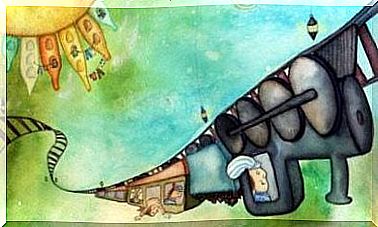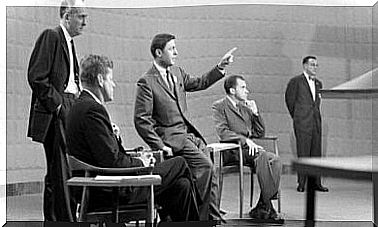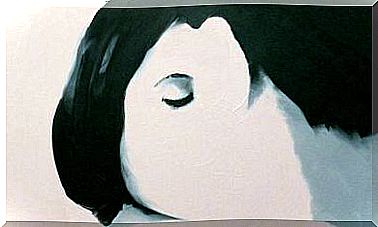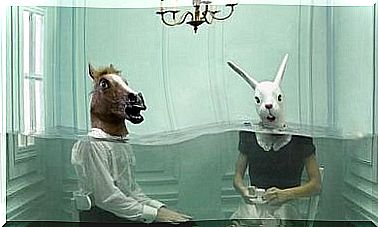The Reason Why Nietzsche Embraced A Horse And Cried
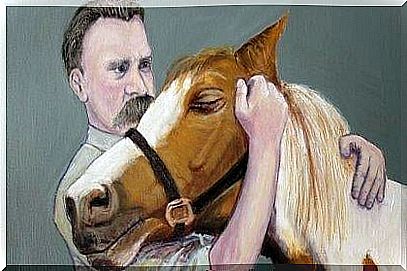
Friedrich Nietzsche was a German philosopher who created some of the most moving works among Western thinkers. In the year 1889, the philosopher lived in a house on Carlo Alberto Street in Turin, Italy. It was morning and Nietzsche was on his way to the city center when suddenly something happened that would change his life forever. Nietzsche embraced a horse.
He saw a rider beating his horse because it would not move forward. The poor animal was completely exhausted. It had no more power. Yet its owner whipped it again and again, to try to make it go, even though it was completely exhausted.
Nietzsche was appalled by what he saw, and immediately went over to the place. After condemning the driver’s behavior, Nietzsche switched to the collapsed horse. Nietzsche embraced a horse, and began to cry. Witnesses say he mumbled a few words to the horse that no one could hear.
According to legend, the philosopher’s last words were: “Mother, I am a fool”. Then he lost consciousness and his mind changed forever.
A morning that changed everything when Nietzsche embraced a horse
Since that day, Nietzsche’s dementia has been a mystery to physicians and intellectuals around the world. All possible theories have been put forward on the subject. There are at least three versions of what happened that morning in Turin when Nietzsche embraced a horse. The only thing that is certain is that the philosopher never became the same again.
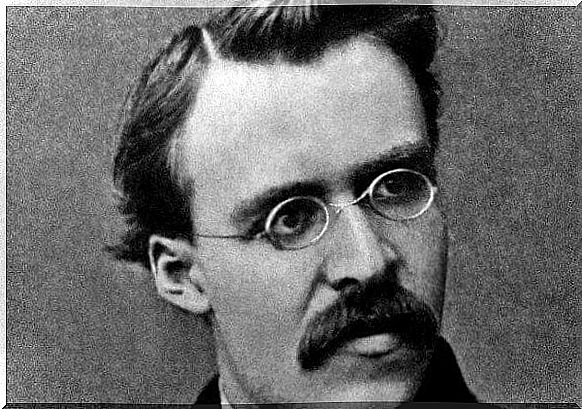
From that day until his death ten years later, Nietzsche never spoke again. He never became himself again after the incident with the horse. Police were called and the philosopher was arrested for disturbing public order. Shortly after, he was admitted to a mental hospital. From there, he wrote a few single incomprehensible letters to two of his friends.
An old acquaintance later moved him to a sanatorium in Basel, Switzerland, where he lived for several years. One of the greatest thinkers of the 19th century was now dependent on his mother and sister for almost everything. As far as we know, he never returned to reality.
Nietzsche’s dementia
It has since been established that his actions that day – when Nietzsche embraced a horse and cried – were the result of his mental illness. But people around him had noticed unusual behavior for years. For example, the landlord of the house where he lived had heard him speak to himself. He could also find himself singing and dancing naked in his room.
He had long neglected his appearance and personal hygiene. Those who knew him noticed that his upright gait turned into wasteful joking. He was also no longer an astute thinker. He began to speak in a choppy manner, leaping from one subject to another.
Nietzsche gradually lost his mental abilities in the sanatorium, including language. Sometimes he was aggressive, could even hit people around him. And yet, just a few years earlier, he had written several of the works that were to make him known as one of the greatest philosophers in history.
Nietzsche’s tears
Most people regarded the incident with the horse as nothing more than irrational behavior, caused by mental illness. However, there are some who see a deeper, more meaningful meaning. Milan Kundera returns in “The Unbearable Lightness of Life” to the incident in which Nietzsche embraced a horse and cried next to it.
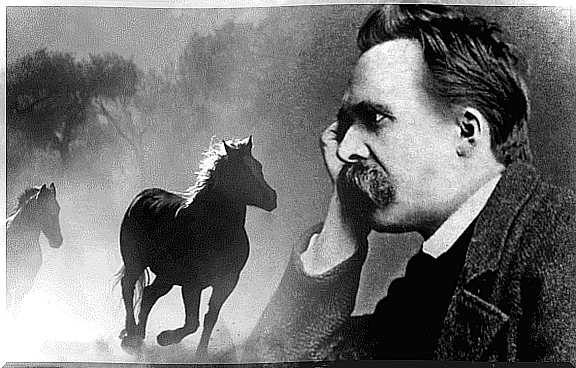
For Kundera , the words he mumbled in the horse’s ear were a prayer for forgiveness. From Kundera’s perspective, he did so on behalf of all mankind, for the cruelty with which man treats other living beings, as enemies or servants.
Nietzsche was not known as an animal rights activist or for having a special contact with nature. But that incident of animal cruelty clearly had a strong effect on him. That horse was the last living creature he had real contact with. More than the animal itself, Nietzsche was able to identify with its ailments.
Nietzsche was not particularly well-known to the public at the time. Although he previously had an excellent reputation as a professor. Unfortunately , his final years were fundamentally miserable.
His sister twisted several of his works in order to fit them into German Nazism. Nietzsche could not do anything about it. He was immersed in a deep dream until his death in 1900.
